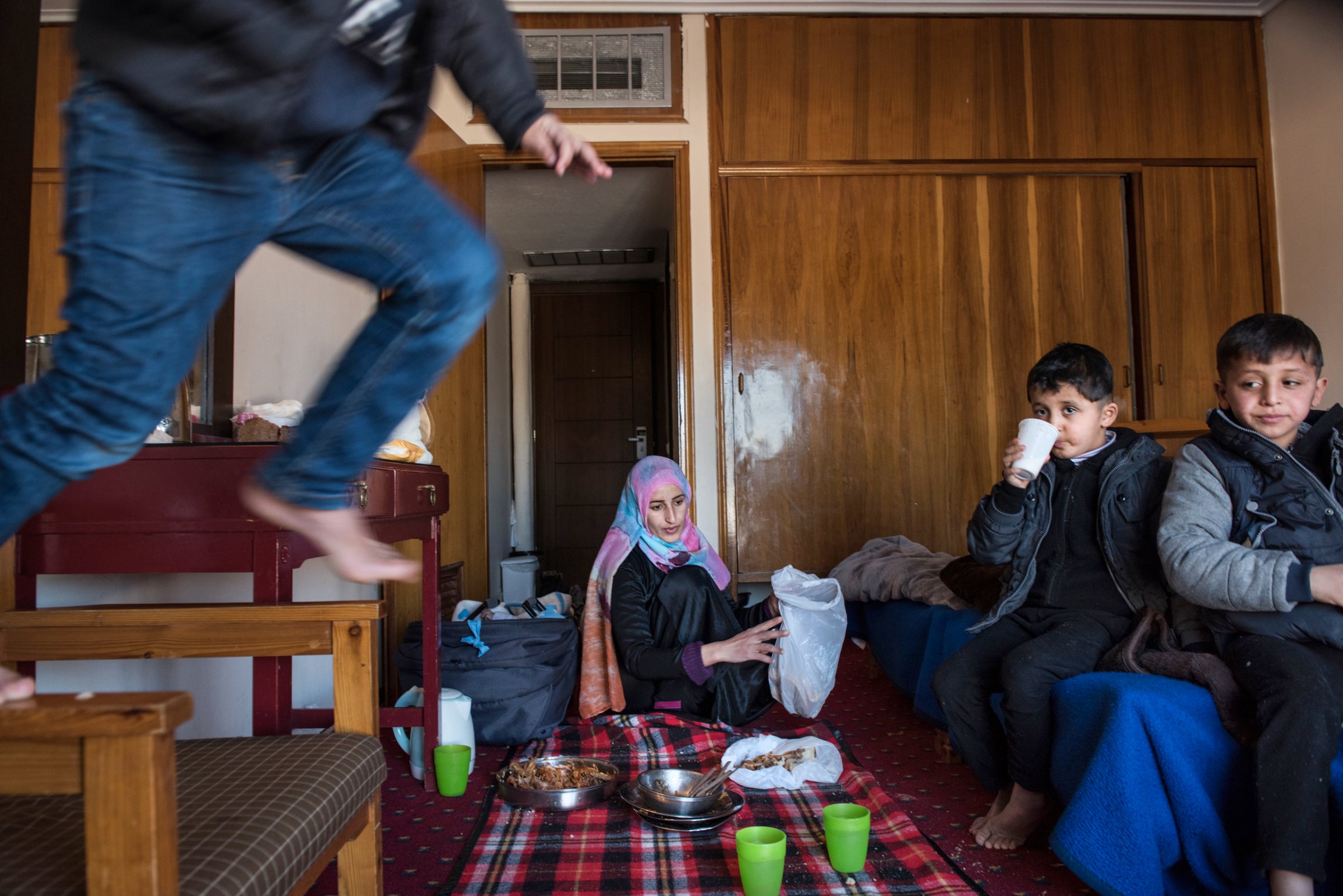
The Oreokastro refugee camp near Thessaloniki, in northern Greece, has been called many things by its residents since it was established in June: ‘Hell on earth’ and ‘Greece’s Shame,’ among them.
One resident, or many—it’s not entirely clear—painstakingly painted the word “tomb” under the registration number on each of the 250 canvas military tents, in effect casting the former tobacco warehouse as the cemetery where the dreams of its 1,500 residents went to die. But for many of those same residents, Oreokastro was one other thing: Home. Yes, the conditions were terrible, says former resident Illham Alrabi, but at least there was community and a sense of purpose. “We had the taste of life.”
On Feb. 4 the last of Oreokastro’s residents were moved out of the tented camp to alternate forms of shelter elsewhere in the country, part of a nationwide program to upgrade camp facilities for the estimated 50,000 mostly Syrian refugees still trapped in Greece after the borders to Northern Europe closed in March.
Members of the European Union pledged to take in and provide for those refugees, but the process has been excessively slow, and less than 9,000 have been relocated so far. In the meantime, the Greek government and the United Nations refugee agency have tried to place the most vulnerable, including families with young children, in hotels and rented apartments where conditions are better.
Illham and her family of seven were moved to a hotel in January, just in time to avoid the full brunt of one of Greece’s worst winters in memory. But the transition to living in a hotel was much harder than she anticipated, proving that when it comes to caring for an uprooted and traumatized people, sometimes the most obvious things, like shelter and hygiene, are not always the most important.
“Even though it was more tiring [at the camp], we were happier there. We enjoyed life,” says Illham, 24, a striking woman from the Syrian city of Deir ez Zour who was known around Oreokastro for her industriousness and ready humor. “The minute I came to the hotel, I felt like it was a prison. It’s true that it’s clean and there’s hot water, but no, it’s a prison.”
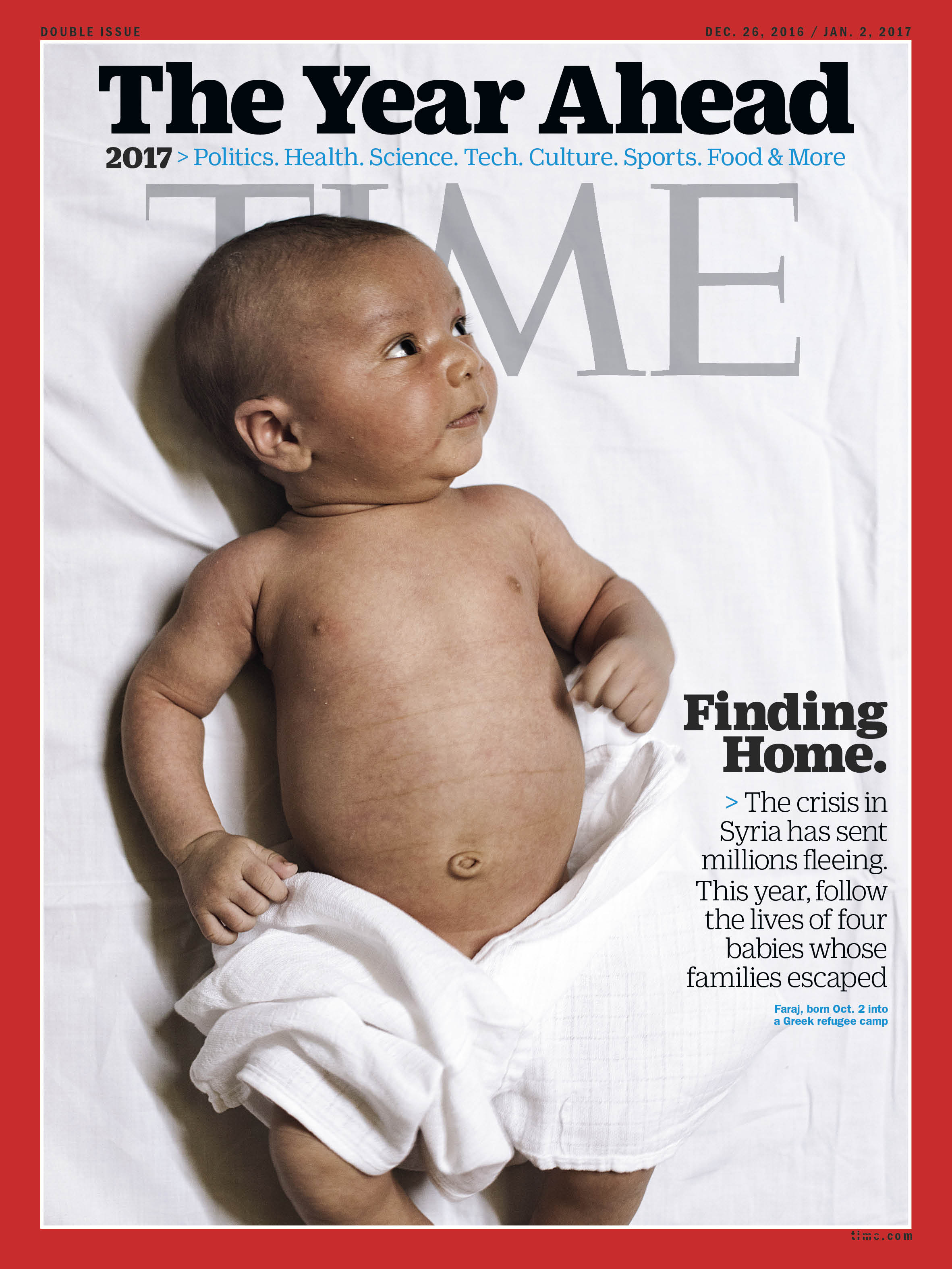
After years on the run, first in Syria and then in Turkey, Illham, pregnant with her fifth son, arrived at Oreokastro Camp in June. She quickly fell into a routine, keeping her tent (and her kids) scrupulously clean despite the lack of running water. She annexed part of a refuse-filled alley next to the warehouse for an all-purpose cooking, laundry and play area, and formed a tight-knit community with the neighboring women.
Together they cooked on the open fire, sharing meals, childcare and their worries about what was happening to friends and family still back in Syria. Complaints about camp life were rife: Illham often joked that the one thing she was looking forward to most when her baby was born was the hospital stay. She had heard that there would be a bathroom in the room, instead of a five-minute slog in the dark to the bank of portable toilets on the other side of the camp compound.
Her husband invested the last of their meager savings to open a small shop in the camp selling other refugees basic supplies such as cigarettes, batteries and potato chips. Having something to do kept him happy, and out of her hair. Life in the camp was hard, to be sure. The kids had no school, and there were fights, fires, and once even a drug raid, complete with barking Alsatians. But after the upheaval of flight, things were starting to feel normal again.
That easy camaraderie all fell apart when Illham’s family was moved to a hotel in a mountain resort town four hours away. She says she cried for the first three days. “It’s hard to be with friends, to meet new people, and then leave. You move from one place to the other, one stage to the next. You meet new people and think that you’ve finally settled down, but then you [have to] walk away.” Illham’s new hotel is comfortable. It has heat, en-suite bathrooms and a well-appointed dining room that serves a set meal three times a day. But with no friends, no more shop for her husband, and nothing to do, Illham finds herself sinking deeper into depression.
George Mirmigkis, a Greek psychologist who is now working for local NGO Perihorisis, says that treating the refugees who have recently moved from the camps into hotels is one of the most surprisingly difficult problems he has encountered so far. Humans need habit and routine, he says. The upheaval in these refugees’ lives has already cost them a lot, and now they lack even the comfort of predictability. “In the camps people were cooking, gathering firewood, building things with lumber. Here the hotel does everything for them. If you want a vacation from those duties, it’s a nice change. But if it’s your life, it’s not good. You have no control. Waiting and worrying is the only thing they can do.”
Waiting and worrying with four rambunctious boys under the age of seven, a baby and an unemployed husband, in a tiny hotel room miles from anything is the only thing Illham can do. And it’s driving her crazy. At least in the camp, the boys could roam around the compound with their friends under the watchful eyes of half a dozen mothers. In the hotel it’s not so easy. They can’t go outside, because the hotel is near a busy road and it’s often too cold. But cooping them up in the hotel room in front of the television isn’t working either. There is no school, and even if there was, what is the point of learning Greek when they will eventually move somewhere else?
Illham sighs as she watches the two oldest boys leap from bed to bed in the room, narrowly missing landing on the sleeping baby. “In the camp, they would go and play with the other kids, but here, they’re always inside. I’m worried they will break something, the television or the mirror, or anything that belongs to the hotel.” Last week one of them nearly got into some rat poison, earning the ire of the terrified hotel owner, who threatened to have them thrown out.
She can’t help but think that if they had only left for Greece a little earlier, before the E.U’s borders closed, they might have made it into Germany, where she has family. Now she can only wait to hear which country has accepted her application for relocation. She left Syria to give her children a better future, but even that is not secure. None of them have ever set foot in a classroom. If they were in Germany, she says, “I would have taken them to school. They would have had to sit and study. Right now all their lives are about play. It’s chaos.”
It’s not just the kids. Illham knows she needs to find purpose in her own life as well. For the moment she takes what she can get. “I want to have important things to do. But right now I am not doing anything. The cleaners come to clean the rooms, but I tell them that I will sweep the floor, that I will clean the toilet, that I will change the sheets. It keeps me entertained.” For Illham, work is the kind of vacation she needs from her life in limbo.
This story is part of TIME’s Finding Home project, which is supported by funding from the Pulitzer Center on Crisis Reporting. Lynsey Addario’s field work has been supported by funding from Verbatim and the UNFPA.
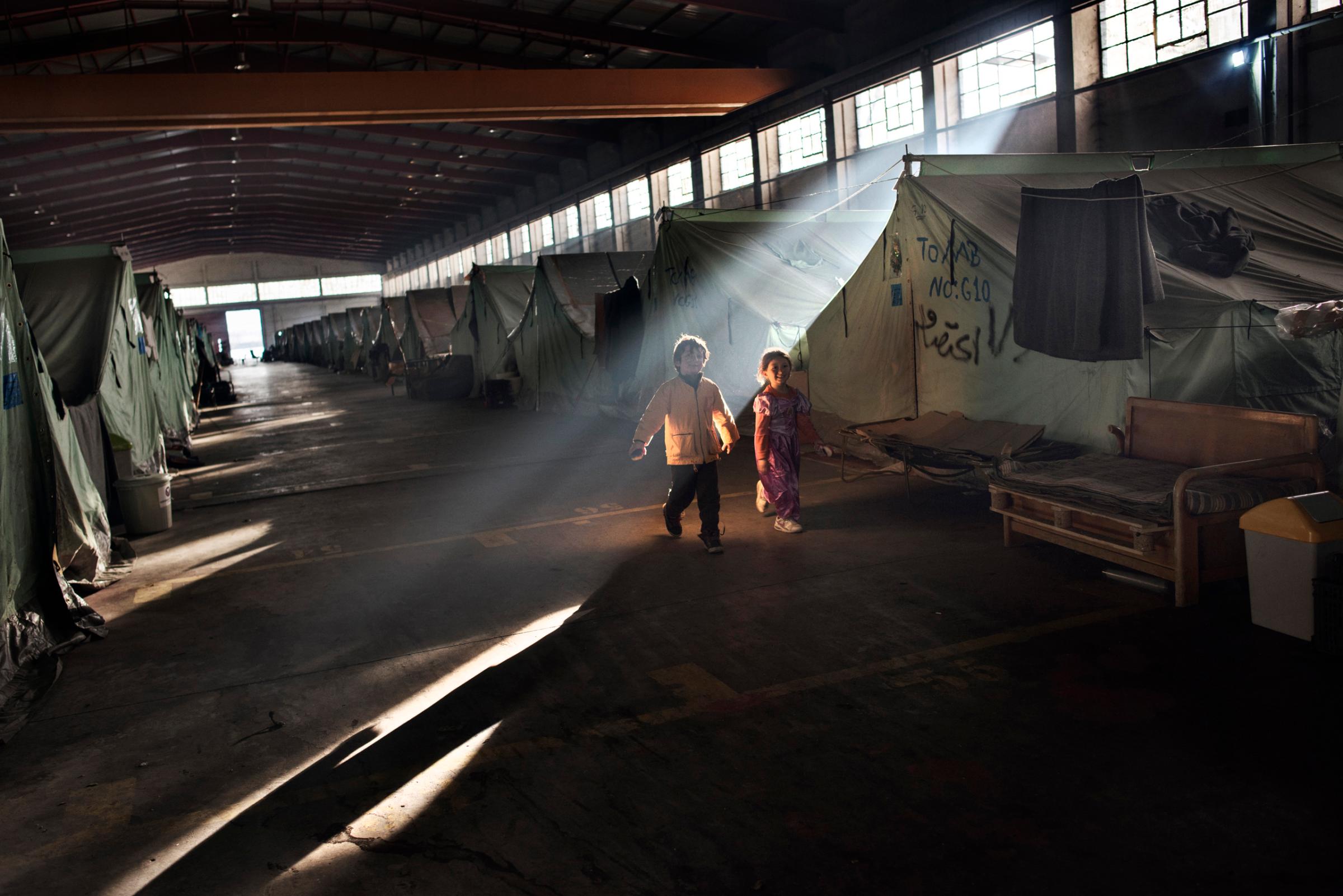
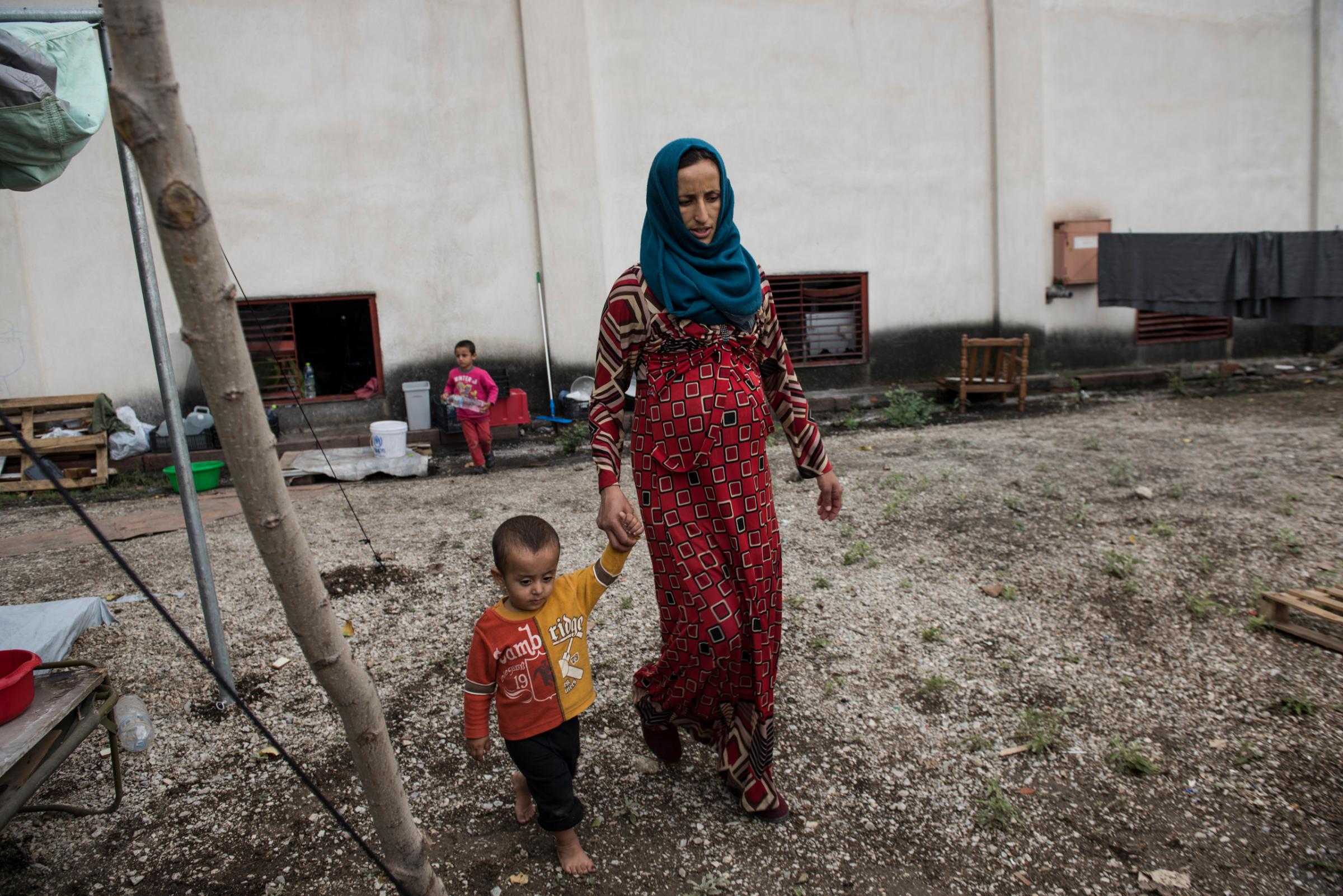
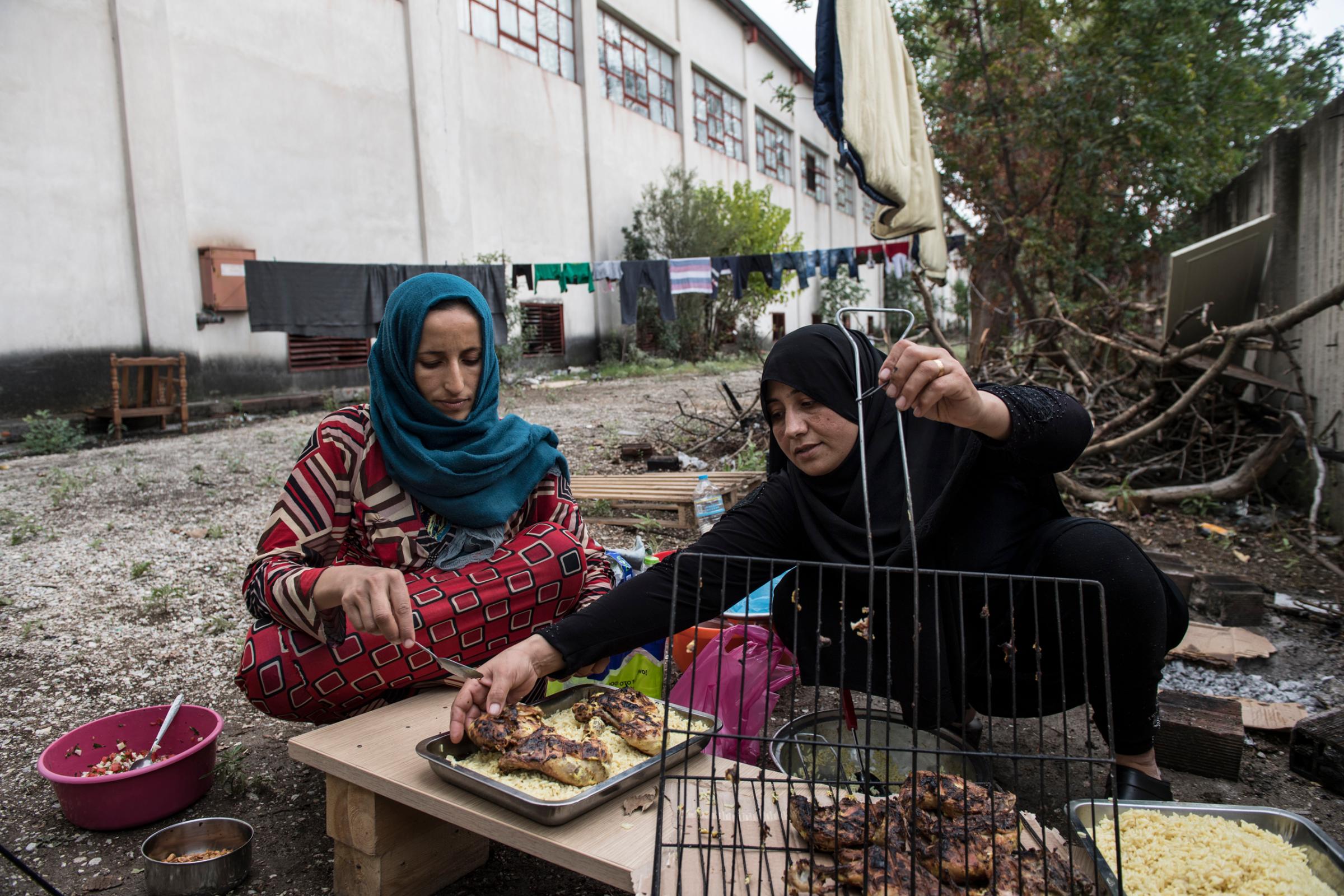
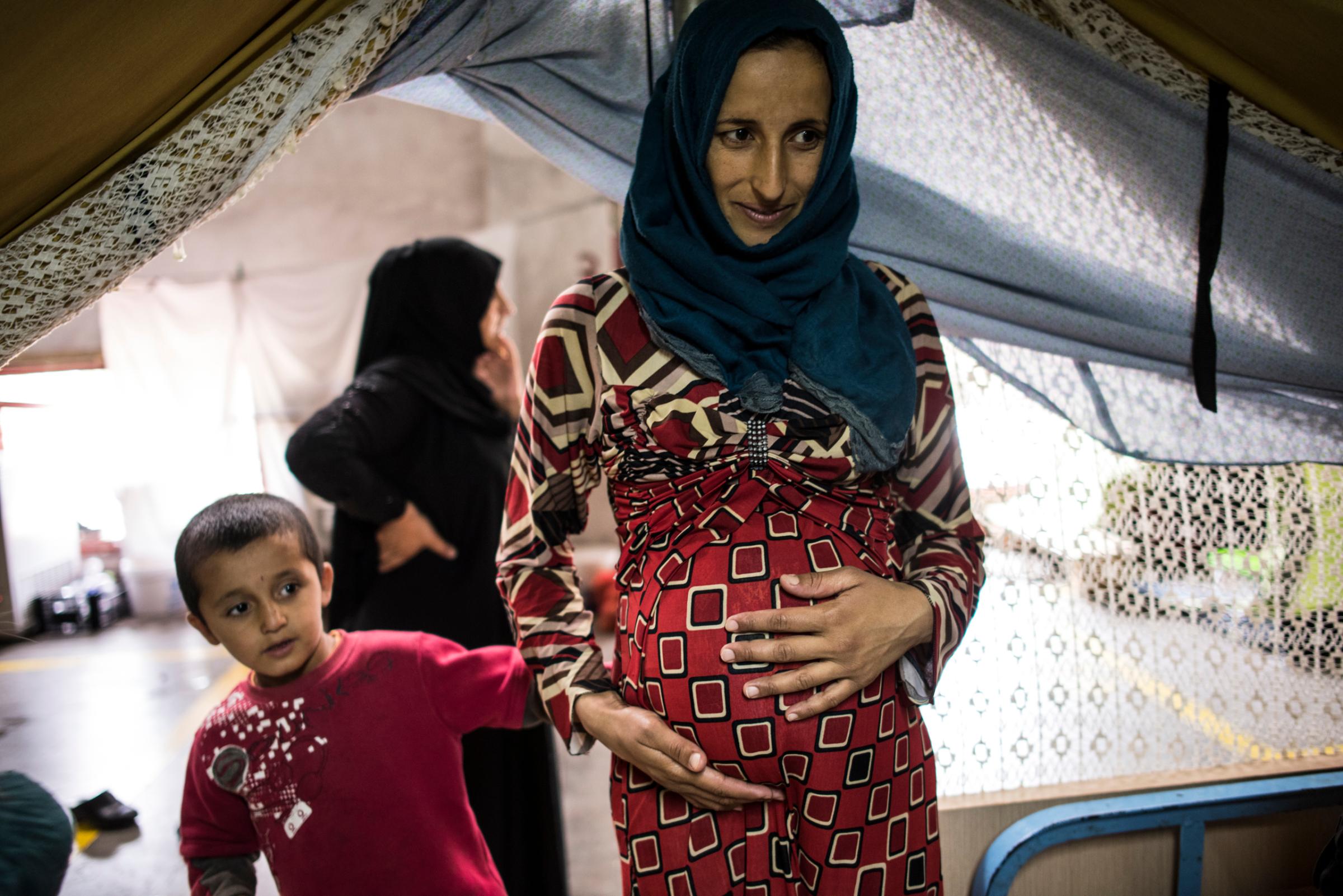
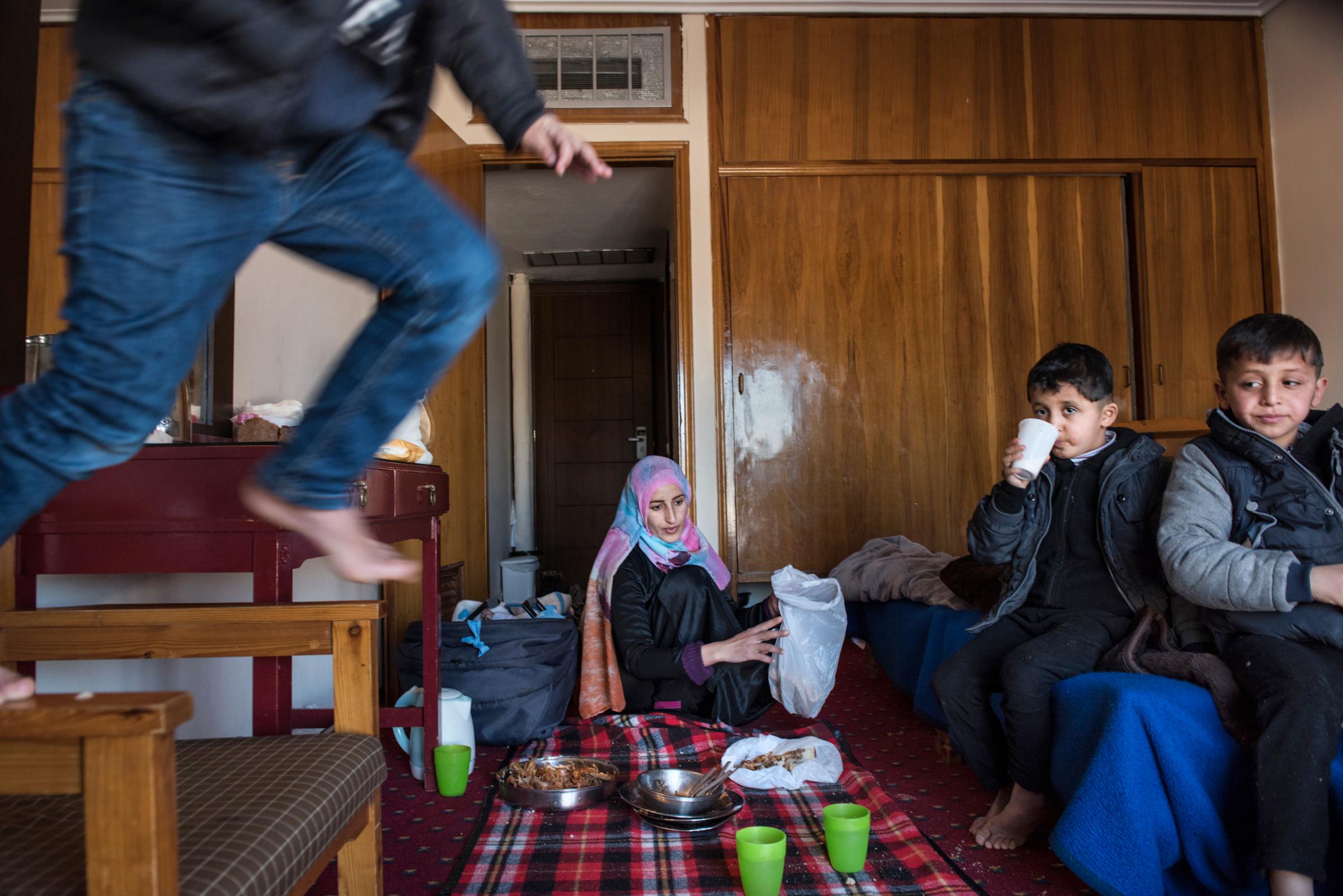
More Must-Reads from TIME
- Donald Trump Is TIME's 2024 Person of the Year
- Why We Chose Trump as Person of the Year
- Is Intermittent Fasting Good or Bad for You?
- The 100 Must-Read Books of 2024
- The 20 Best Christmas TV Episodes
- Column: If Optimism Feels Ridiculous Now, Try Hope
- The Future of Climate Action Is Trade Policy
- Merle Bombardieri Is Helping People Make the Baby Decision
Contact us at letters@time.com